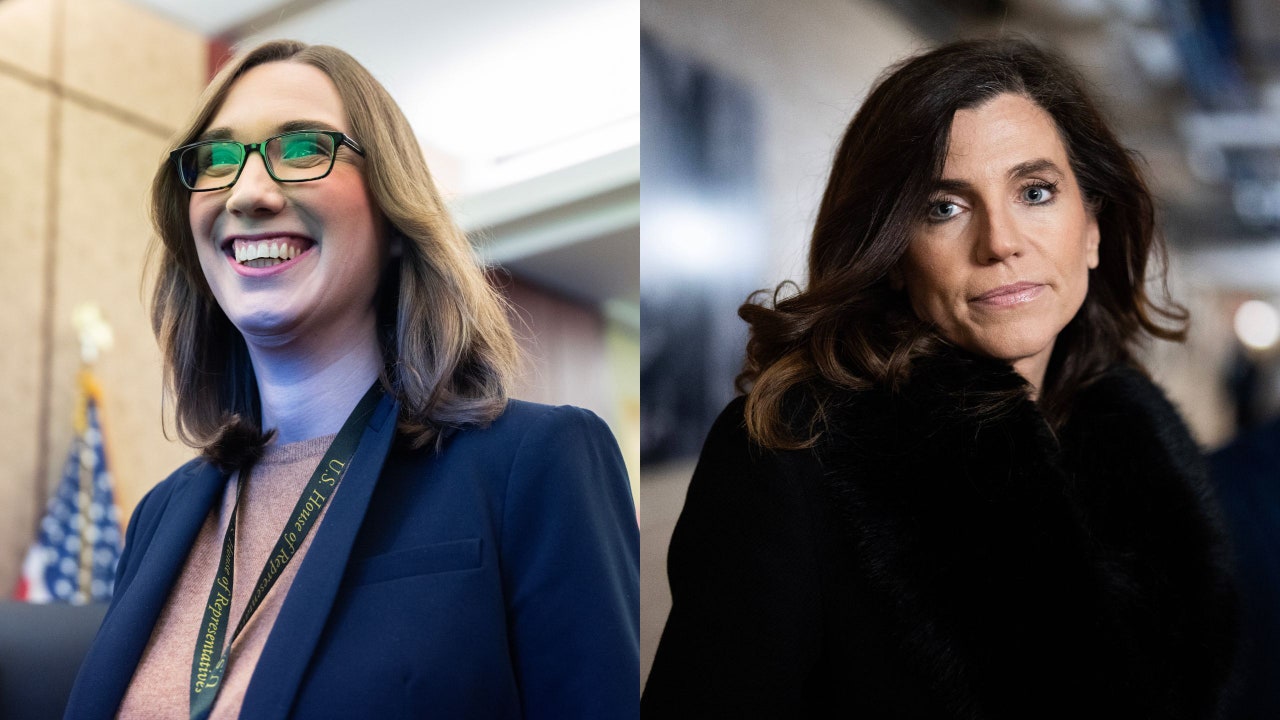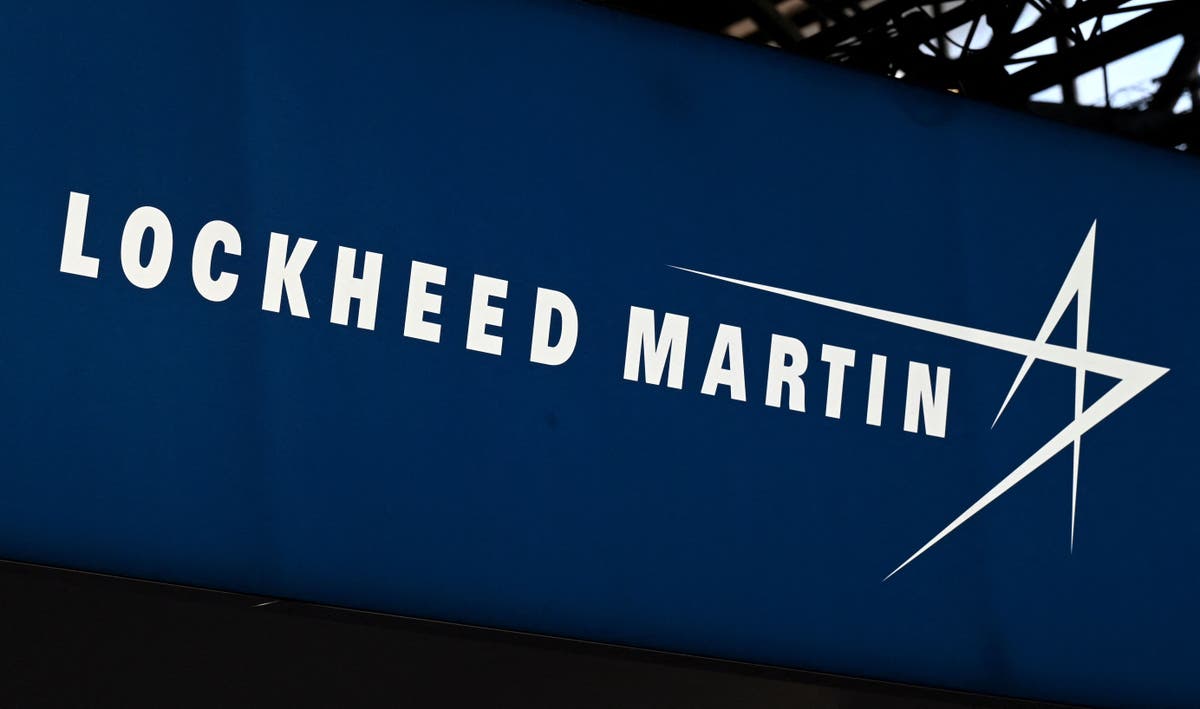President Joe Biden won’t enforce a ban on the social media app TikTok that is set to take effect a day before he leaves office on Monday, a U.S. official said Thursday, leaving its fate in the hands of President-elect Donald Trump.Congress last year, in a law signed by Biden, required that TikTok’s China-based parent company ByteDance divest the company by Jan. 19, a day before the presidential inauguration. The official said the outgoing administration was leaving the implementation of the law — and the potential enforcement of the ban — to Trump.The official spoke on condition of anonymity in order to discuss internal Biden administration thinking.Trump, who once called to ban the app, has since pledged to keep it available in the U.S., though his transition team has not said how they intend to accomplish that.TikTok CEO Shou Zi Chew is expected to attend Trump’s inauguration and be granted a prime seating location on the dais as the president-elect’s national security adviser signals that the incoming administration may take steps to “keep TikTok from going dark.”Incoming national security adviser Mike Waltz on Thursday told Fox News Channel’s “Fox & Friends” that the federal law that could ban TikTok by Sunday also “allows for an extension as long as a viable deal is on the table.”The push to save TikTok, much like the move to ban it in the U.S., has crossed partisan lines. Senate Democratic Leader Chuck Schumer said he spoke with Biden on Thursday to advocate for extending the deadline to ban TikTok.“It’s clear that more time is needed to find an American buyer and not disrupt the lives and livelihoods of millions of Americans, of so many influencers who have built up a good network of followers,” Schumer said Thursday on the Senate floor.Democrats had tried on Wednesday to pass legislation that would have extended the deadline, but Republican Sen. Tom Cotton of Arkansas blocked it. Cotton, chair of the Senate Intelligence Committee, said that TikTok has had ample time to find a buyer.“TikTok is a Chinese Communist spy app that addicts our kids, harvests their data, targets them with harmful and manipulative content, and spreads communist propaganda,” Cotton said.TikTok CEO’s is expected to be seated on the dais for the inauguration along with tech billionaires Elon Musk, who is CEO of SpaceX, Meta CEO Mark Zuckerberg, OpenAI CEO Sam Altman and Amazon founder Jeff Bezos, according to two people with the matter. The people spoke on condition of anonymity to discuss internal planning.Last week, the Supreme Court heard oral arguments in a legal challenge to the statute brought by TikTok, its China-based parent company ByteDance, and users of the app. The Justices seemed likely to uphold the law, which requires ByteDance to divest TikTok on national security grounds or face a ban in one of its biggest markets.“If the Supreme Court comes out with a ruling in favor of the law, President Trump has been very clear: Number one, TikTok is a great platform that many Americans use and has been great for his campaign and getting his message out. But number two, he’s going to protect their data,” Waltz said on Wednesday.“He’s a deal maker. I don’t want to get ahead of our executive orders, but we’re going to create this space to put that deal in place,” he added.Separately on Wednesday, Pam Bondi, Trump’s pick for attorney general, dodged a question during a Senate hearing on whether she’d uphold a TikTok ban.Trump has reversed his position on the popular app, having tried to ban it during his first term in office over national security concerns. He joined TikTok during his 2024 presidential campaign and his team used it to connect with younger voters, especially male voters, by pushing content that was often macho and aimed at going viral. He pledged to “save TikTok” during the campaign and has credited the platform with helping him win more youth votes.
WASHINGTON —
President Joe Biden won’t enforce a ban on the social media app TikTok that is set to take effect a day before he leaves office on Monday, a U.S. official said Thursday, leaving its fate in the hands of President-elect Donald Trump.
Congress last year, in a law signed by Biden, required that TikTok’s China-based parent company ByteDance divest the company by Jan. 19, a day before the presidential inauguration. The official said the outgoing administration was leaving the implementation of the law — and the potential enforcement of the ban — to Trump.
The official spoke on condition of anonymity in order to discuss internal Biden administration thinking.
Trump, who once called to ban the app, has since pledged to keep it available in the U.S., though his transition team has not said how they intend to accomplish that.
TikTok CEO Shou Zi Chew is expected to attend Trump’s inauguration and be granted a prime seating location on the dais as the president-elect’s national security adviser signals that the incoming administration may take steps to “keep TikTok from going dark.”
Incoming national security adviser Mike Waltz on Thursday told Fox News Channel’s “Fox & Friends” that the federal law that could ban TikTok by Sunday also “allows for an extension as long as a viable deal is on the table.”
The push to save TikTok, much like the move to ban it in the U.S., has crossed partisan lines. Senate Democratic Leader Chuck Schumer said he spoke with Biden on Thursday to advocate for extending the deadline to ban TikTok.
“It’s clear that more time is needed to find an American buyer and not disrupt the lives and livelihoods of millions of Americans, of so many influencers who have built up a good network of followers,” Schumer said Thursday on the Senate floor.
Democrats had tried on Wednesday to pass legislation that would have extended the deadline, but Republican Sen. Tom Cotton of Arkansas blocked it. Cotton, chair of the Senate Intelligence Committee, said that TikTok has had ample time to find a buyer.
“TikTok is a Chinese Communist spy app that addicts our kids, harvests their data, targets them with harmful and manipulative content, and spreads communist propaganda,” Cotton said.
TikTok CEO’s is expected to be seated on the dais for the inauguration along with tech billionaires Elon Musk, who is CEO of SpaceX, Meta CEO Mark Zuckerberg, OpenAI CEO Sam Altman and Amazon founder Jeff Bezos, according to two people with the matter. The people spoke on condition of anonymity to discuss internal planning.
Last week, the Supreme Court heard oral arguments in a legal challenge to the statute brought by TikTok, its China-based parent company ByteDance, and users of the app. The Justices seemed likely to uphold the law, which requires ByteDance to divest TikTok on national security grounds or face a ban in one of its biggest markets.
“If the Supreme Court comes out with a ruling in favor of the law, President Trump has been very clear: Number one, TikTok is a great platform that many Americans use and has been great for his campaign and getting his message out. But number two, he’s going to protect their data,” Waltz said on Wednesday.
“He’s a deal maker. I don’t want to get ahead of our executive orders, but we’re going to create this space to put that deal in place,” he added.
Separately on Wednesday, Pam Bondi, Trump’s pick for attorney general, dodged a question during a Senate hearing on whether she’d uphold a TikTok ban.
Trump has reversed his position on the popular app, having tried to ban it during his first term in office over national security concerns. He joined TikTok during his 2024 presidential campaign and his team used it to connect with younger voters, especially male voters, by pushing content that was often macho and aimed at going viral. He pledged to “save TikTok” during the campaign and has credited the platform with helping him win more youth votes.
In a surprising twist, President-elect Joe Biden has announced that he will not make a decision on the TikTok ban and will instead leave it up to the Trump administration to handle.
Many were expecting Biden to reverse the ban on the popular social media app, which has been a source of controversy and tension between the US and China. However, Biden’s decision to defer to the current administration has left many scratching their heads.
Some speculate that this move is an attempt to avoid taking a stance on a divisive issue and instead focus on more pressing matters facing the country. Others believe that Biden may be trying to maintain a sense of continuity and stability in the transition of power.
Regardless of the reasoning behind Biden’s decision, it is clear that the fate of TikTok remains uncertain. Will the Trump administration move forward with the ban, or will they reconsider in light of Biden’s hands-off approach? Only time will tell.
Tags:
- Biden administration
- TikTok ban
- Trump administration
- Social media
- Technology
- US politics
- Internet security
- Digital policy
- Executive order
- Online privacy.
#Biden #leaves #TikTok #ban #decision #Trump #administration







